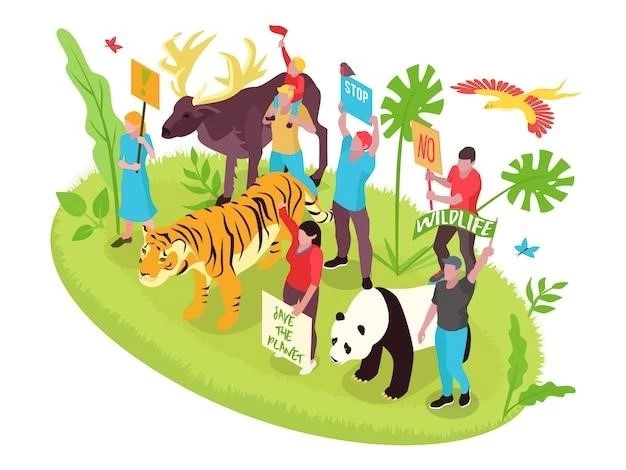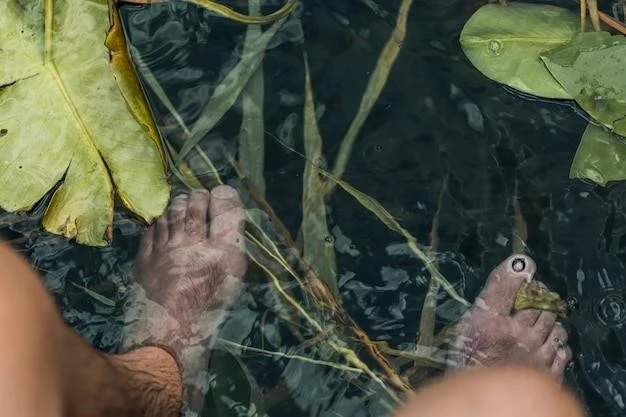Zoos have undergone a significant transformation over the last century․ Once viewed primarily as entertainment venues, they are increasingly recognized for their crucial role in conservation․ This shift in focus has positioned zoos at the forefront of global efforts to protect endangered species and preserve biodiversity․ This article delves into the multifaceted contributions of modern zoos to conservation, highlighting their multifaceted approaches and the challenges they face;
Captive Breeding and Reintroduction Programs
One of the most prominent roles of zoos is the management of captive breeding programs․ These initiatives aim to establish and maintain genetically diverse populations of endangered species under human care․ By carefully managing breeding pairs and utilizing scientific advancements in reproductive biology, zoos contribute to the survival of species facing imminent threats in the wild․
Furthermore, zoos play a vital role in reintroduction programs, which strive to release captive-bred individuals back into their natural habitats․ This intricate process involves meticulous planning and collaboration with conservationists, researchers, and local communities․ The success of reintroduction relies on preparing animals for the challenges of life in the wild, restoring degraded habitats, and mitigating the threats that initially drove the species to endangerment․
Research and Scientific Advancements
Modern zoos have evolved into centers of scientific research, contributing valuable knowledge to conservation efforts․ Zoo researchers conduct studies on animal behavior, physiology, genetics, and disease, generating insights that can be applied to both captive and wild populations․
Zoos often possess extensive databases and biological samples that provide crucial data for understanding species biology, population dynamics, and the impact of environmental changes․ This research contributes to evidence-based conservation strategies and informs policies aimed at protecting species and their habitats․

Education and Public Engagement
Zoos serve as powerful platforms for educating the public about conservation issues and inspiring action․ Through engaging exhibits, educational programs, and interactive experiences, zoos foster a connection between people and wildlife, promoting empathy and understanding of the threats facing endangered species․
Many zoos have developed innovative outreach programs that extend beyond their physical boundaries․ These programs may involve partnering with local communities, supporting conservation initiatives in the field, or advocating for policy changes that promote biodiversity conservation․ By empowering individuals with knowledge and inspiring them to become stewards of the environment, zoos play a crucial role in fostering a global conservation ethic․

Challenges and Future Directions
Despite their significant contributions, zoos face ongoing challenges․ Limited space and resources necessitate careful prioritization of species and conservation programs․ Maintaining genetic diversity within captive populations requires careful management and collaboration between institutions․
Moreover, ensuring the long-term sustainability of reintroduction programs requires addressing the root causes of species decline, such as habitat loss, poaching, and climate change․ Zoos must continue to adapt and innovate, leveraging technology, strengthening partnerships, and engaging with local communities to enhance their conservation impact․
Conclusion
Zoos have undergone a remarkable transformation, emerging as essential players in global conservation efforts․ Through captive breeding, reintroduction programs, scientific research, and public education, zoos contribute significantly to the preservation of biodiversity․ As we face an unprecedented biodiversity crisis, the role of zoos in connecting people to nature, inspiring action, and finding solutions has never been more critical․ By embracing innovation, collaboration, and a commitment to continuous improvement, zoos can play an even more pivotal role in securing a future for all species․










